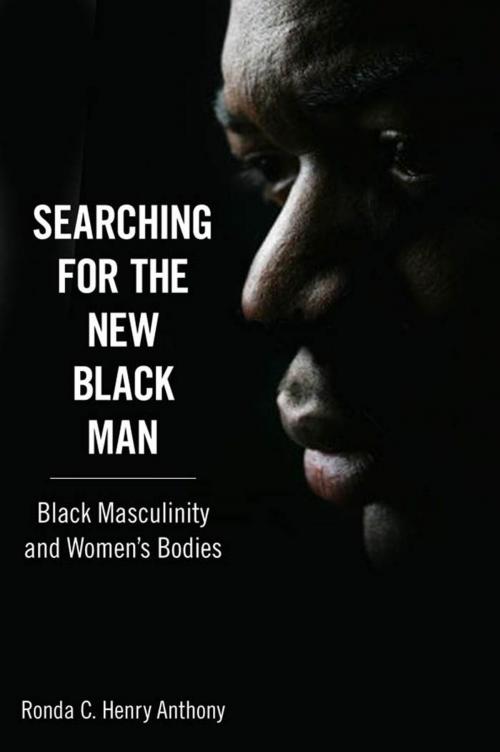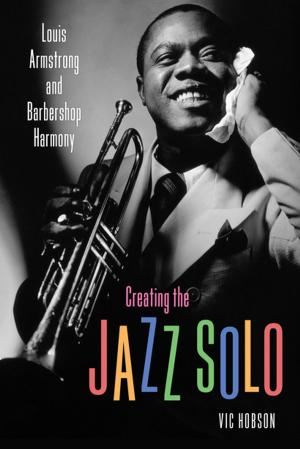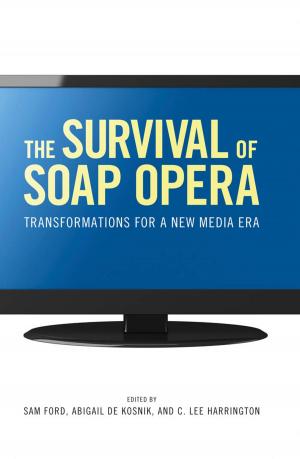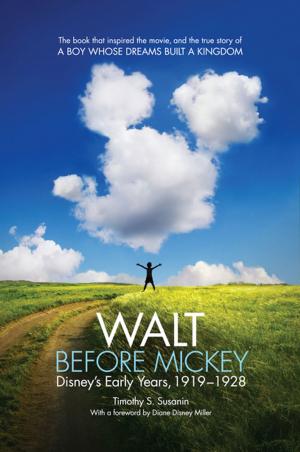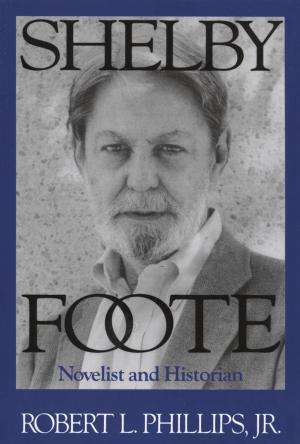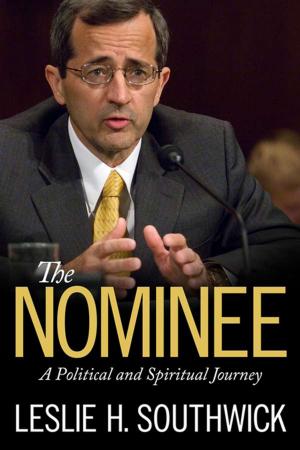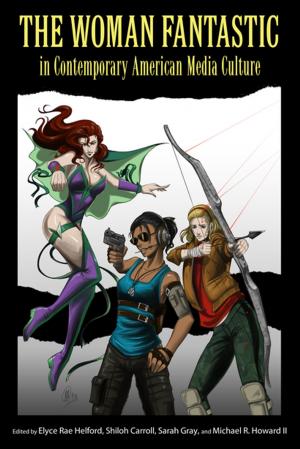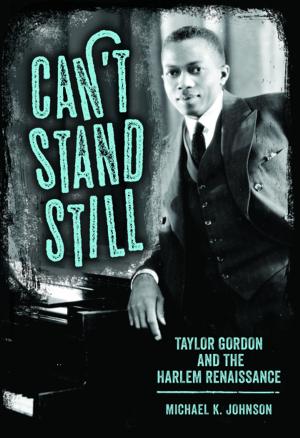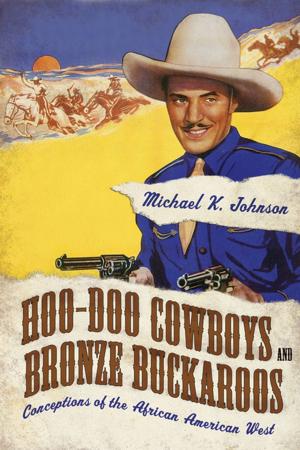Searching for the New Black Man
Black Masculinity and Women's Bodies
Fiction & Literature, Literary Theory & Criticism, Black, American, Nonfiction, Social & Cultural Studies, Social Science, Cultural Studies, African-American Studies| Author: | Ronda C. Henry Anthony | ISBN: | 9781617037351 |
| Publisher: | University Press of Mississippi | Publication: | June 1, 2013 |
| Imprint: | University Press of Mississippi | Language: | English |
| Author: | Ronda C. Henry Anthony |
| ISBN: | 9781617037351 |
| Publisher: | University Press of Mississippi |
| Publication: | June 1, 2013 |
| Imprint: | University Press of Mississippi |
| Language: | English |
Using the slave narratives of Henry Bibb and Frederick Douglass, as well as the work of W. E. B. Du Bois, James Baldwin, Walter Mosley, and Barack Obama, Ronda C. Henry Anthony examines how women's bodies are used in African American literature to fund the production of black masculine ideality and power. In tracing representations of ideal black masculinities and femininities, Henry Anthony shows how black men's struggles for gendered agency are inextricably bound up with their complicated relation to white men and normative masculinity. The historical context in which Henry Anthony couches these struggles highlights the extent to which shifting socioeconomic circumstances dictate the ideological, cultural, and emotional terms upon which black men conceptualize identity.
Yet, Henry Anthony quickly moves to texts that challenge traditional constructions of black masculinity. In these texts Henry Anthony traces how the emergence of collaboratively-gendered discourses, or a blending of black female/male feminist consciousnesses, are reshaping black masculinities, femininities, and intraracial relations for a new century.Using the slave narratives of Henry Bibb and Frederick Douglass, as well as the work of W. E. B. Du Bois, James Baldwin, Walter Mosley, and Barack Obama, Ronda C. Henry Anthony examines how women's bodies are used in African American literature to fund the production of black masculine ideality and power. In tracing representations of ideal black masculinities and femininities, Henry Anthony shows how black men's struggles for gendered agency are inextricably bound up with their complicated relation to white men and normative masculinity. The historical context in which Henry Anthony couches these struggles highlights the extent to which shifting socioeconomic circumstances dictate the ideological, cultural, and emotional terms upon which black men conceptualize identity.
Yet, Henry Anthony quickly moves to texts that challenge traditional constructions of black masculinity. In these texts Henry Anthony traces how the emergence of collaboratively-gendered discourses, or a blending of black female/male feminist consciousnesses, are reshaping black masculinities, femininities, and intraracial relations for a new century.